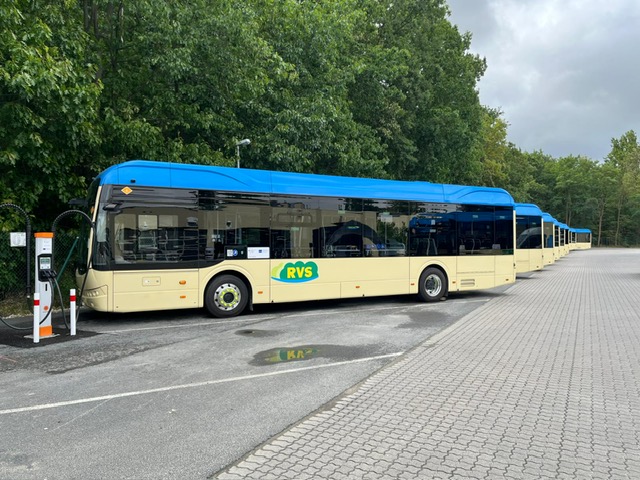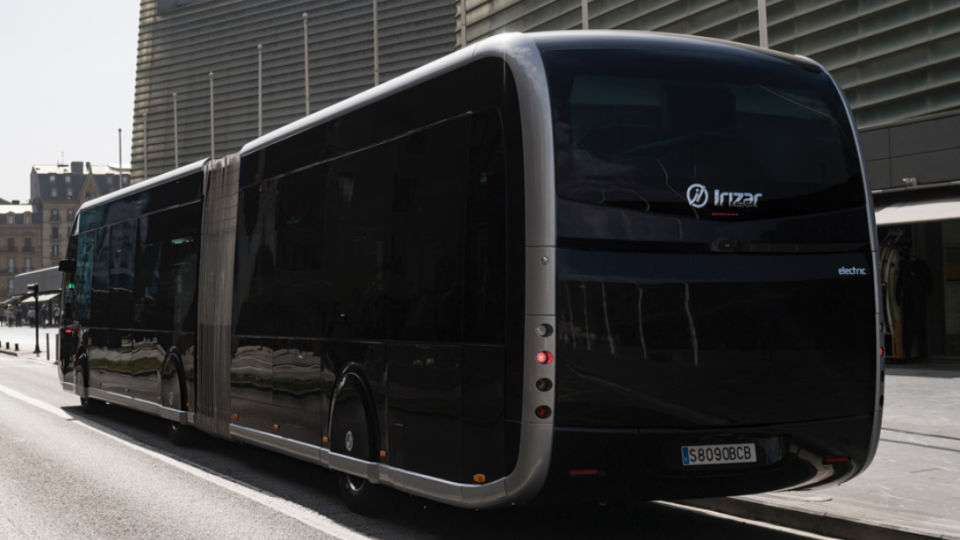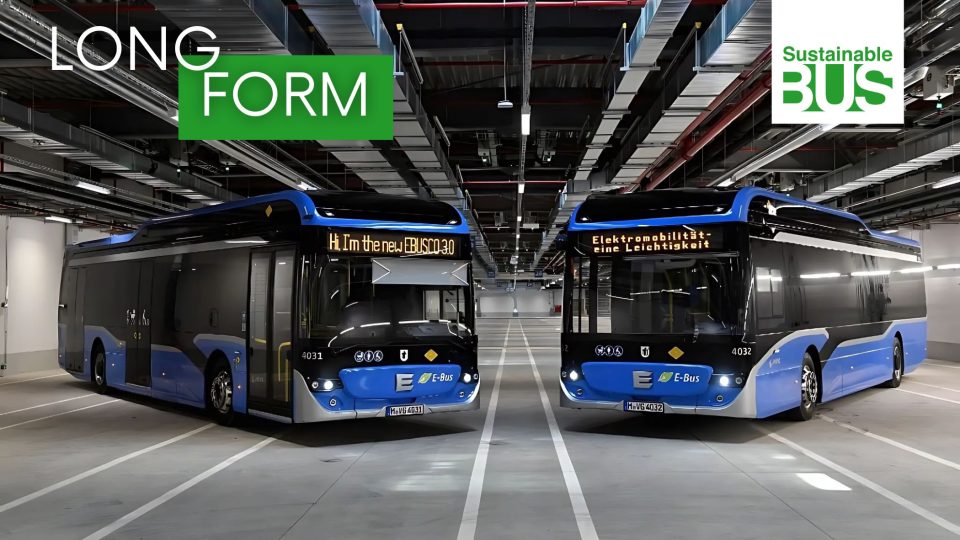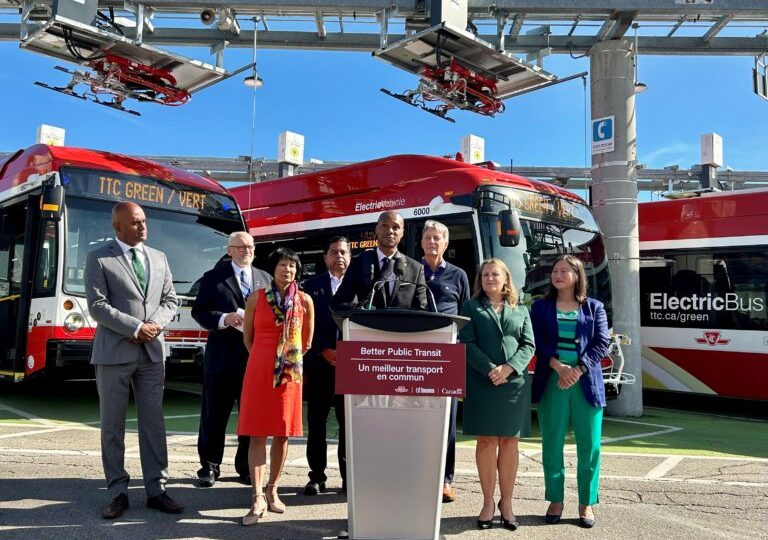An e-bus research cluster is being launched in Canada by CUTRIC
North America’s first cluster dedicated to researching battery electric and fuel cell electric buses has been launched by CUTRIC (The Canadian Urban Transit Research and Innovation Consortium) together with seven partners. CUTRIC and its members are contributing a total of $4.2 million in funding over three years with an additional $551,000 through the federally supported Mitacs […]
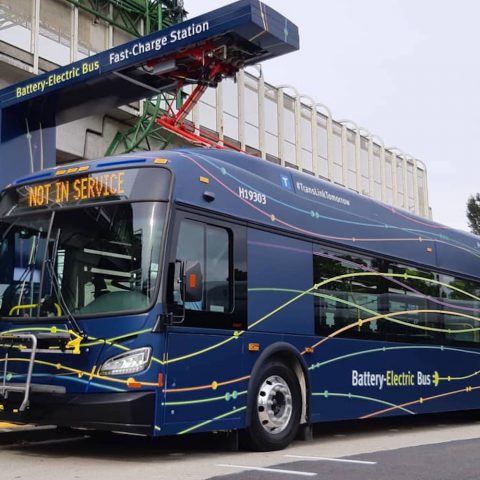
North America’s first cluster dedicated to researching battery electric and fuel cell electric buses has been launched by CUTRIC (The Canadian Urban Transit Research and Innovation Consortium) together with seven partners.
CUTRIC and its members are contributing a total of $4.2 million in funding over three years with an additional $551,000 through the federally supported Mitacs Accelerate and Elevate programs to fund CUTRIC’s National Academic Committee on Zero-Emissions Buses (NAC-ZEB).
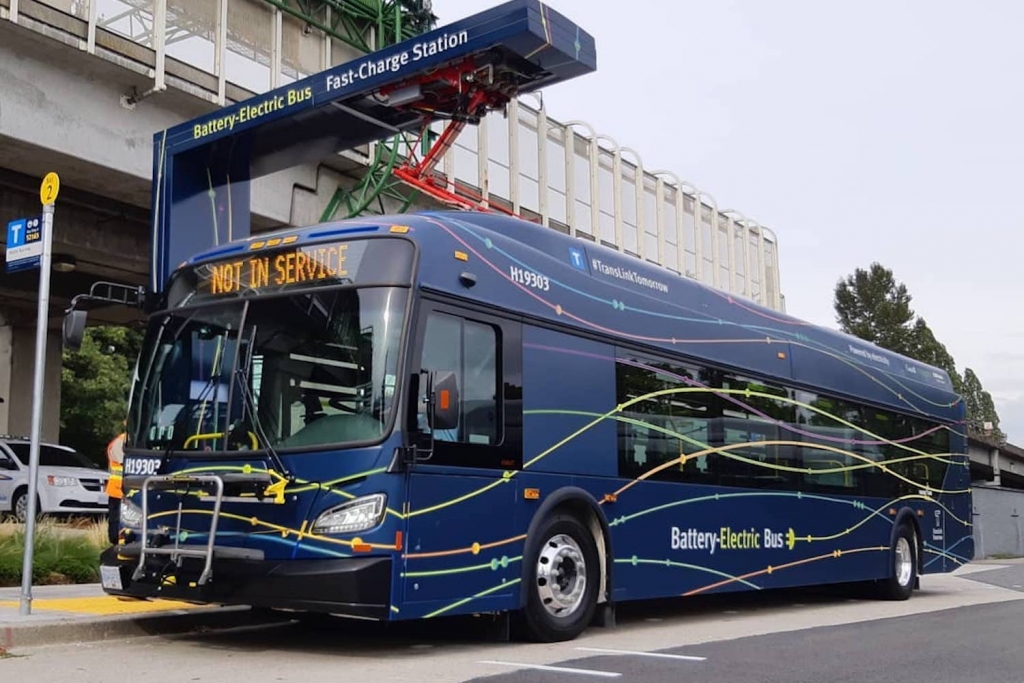
Cybersecurity researches are part of the project
Partners in this project, beyond CUTRIC, include OCAD University, Ontario Tech University, Queen’s University, the University of Windsor, Centennial College, York University and Canadian Nuclear Labs.
CUTRIC is supporting research into electric and hydrogen bus simulation and modelling tools, as well as the visualization of battery electric bus and fuel cell electric bus performance in three dimensions, and powertrain optimization that will improve bus motors, batteries and hydrogen fuel cell stacks. CUTRIC is also supporting cybersecurity research to ensure electrified buses cannot be hacked and that the electrical grid is protected. CUTRIC’s NAC-ZEB research will allow federal, provincial and municipal governments to make better decisions when it comes to procuring and deploying zero-emission buses across Canada, CUTRIC points out.
5,000 electric buses for Canada
“This research will move Canada closer to achieving the goal of electrifying 5,000 buses across the country, as set by the Honourable Catherine McKenna, Minister of Infrastructure and Communities,” said Josipa Petrunic, Executive Director and CEO of CUTRIC. “Our consortium provides the data-driven insights required by municipal, provincial and federal governments to implement electric bus fleets in a way that saves tax dollars over the long-term and improves transit to make it the primary choice for mobility for Canadians in the future. Our work will remove the barriers of uncertainty and high risk associated with the adoption of electrified propulsion technologies.”
Electric buses and Canada’s economy
NAC-ZEB’s work also supports a burgeoning sector of Canada’s economy, CUTRIC highlights. Canadian electric bus manufacturers growing in this space include New Flyer Industries, Nova Bus, GreenPower Motor Company, and The Lion Electric Company, along with US manufacturer Proterra, which is active in Canada. And it is also based in Canada the world leader in fuel cell technology for heavy-duty vehicles, Ballard Power Systems.
The work conducted through the consortium’s predictive analytics has already supported the electrification of routes in Vancouver, Brampton, and York Region and supported the feasibility assessment of the full fleet electrification of the Toronto Transit Corporation, Canada’s largest transit system.
Public transit, an electric future
“The NAC-ZEB project is playing a key role in moving Canada to the forefront of the shift to electrified public transit, a key priority of our government,” said MP Ruby Sahota, the Member of Parliament for Brampton North. “For a transit network like Brampton Transit which is facing a rapid increase in ridership, the adoption of e-buses will benefit the entire community by reducing fuel consumption, vehicle emissions and traffic congestion, and improve the quality of life for my residents.”
“Our research will answer the question of how researchers and implementation teams can accurately track the progress and impacts of ZEB implementation,” said Jeremy Bowes, a tenured Professor in Design at OCAD University. “We are working closely with CUTRIC to develop visualizations that will highlight key factors as decision support for the overall process of ZEB adoption, testing and evaluation in Canada.”
This announcement builds on approximately $16 million in federal funding already awarded to the City of Brampton, TransLink, York Region Transit, and Newmarket-Tay Power Distribution Ltd. through Natural Resources Canada (NRCan) to help launch the Pan-Canadian Electric Bus Demonstration & Integration Trial: Phase I in partnership with Canadian electric bus manufacturers, New Flyer Industries and Nova Bus along with international charging systems partners, ABB Group and Siemens.




